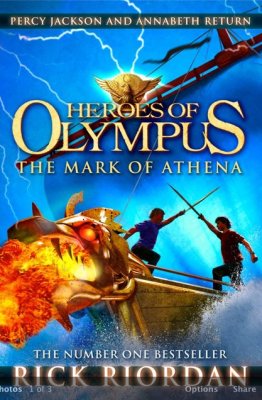Liyana has trained her entire life to be the vessel of a goddess. The goddess will inhabit Liyana’s body and use magic to bring rain to the desert. But Liyana’s goddess never comes. Abandoned by her angry tribe, Liyana expects to die in the desert. Until a boy walks out of the dust in search of her.
Korbyn is a god inside his vessel, and a trickster god at that. He tells Liyana that five other gods are missing, and they set off across the desert in search of the other vessels. For the desert tribes cannot survive without the magic of their gods. But the journey is dangerous, even with a god’s help. And not everyone is willing to believe the trickster god’s tale.
The closer she grows to Korbyn, the less Liyana wants to disappear to make way for her goddess. But she has no choice: She must die for her tribe to live. Unless a trickster god can help her to trick fate — or a human girl can muster some magic of her own.
– Synopsis from Sarah Beth Durst’s Official Website
I loved Durst’s idea. Gods needing human hosts in order to walk the earth. The nomadic life of the desert people, who depended on the gods in order to survive was also well thought out. So when the Great Drought threatens to kill them all, each clan must sacrifice one boy it girl, a vessel, who will give up their body for their god or goddess. In turn, this deity will look after the clan. Our protagonist, Liyana, is ready to make the ultimate sacrifice but on the night of her ceremony, her goddess does not come. Abandoned by her clan, she is left distraught. Eventually she embarks on a quest with the trickster god, Korbyn, to find the missing gods.
Sounds promising, right? And it was. Unfortunately we spend half of the book gathering forces with the other vessels, which to be honest gets very dull after a while. I know finding the others was necessary but couldn’t Durst have spiced things up a not with an interruption? They could have made another detour or two to liven things up a bit.
My other complaint would have to be the segments with the emperor of the Crescent Empire. It wasn’t clear that he had some sort of involvement with the rest of the story and I was often tempted to skip his chapters near the beginning. Some hint that he was even in the same timeline would have been helpful.
Liyana was a strong character. She was smart, wise, and resourceful. I read a review on Goodreads that criticised her viewpoint in the ethics of gods killing mortals in order to inhabit their body. For the majority of the book, she is perfectly fine with this sacrifice and so this reader was frustrated that she didn’t question it and change her mind. Liyana is a very loyal character so if she believed that this was the only way to save the ones that she lived, the that’s what she would do. If you look at it that way, then you can only admire her. But towards the end, she does take a different perspective on things when she discovers that there is another way.
Atmitedly, the ending was not to my liking. A brief love triangle appears and after a showdown with some super pissed sky serpents, it’s all over. I don’t like how her relationship problem is solved but I’m glad that she didn’t die. It’s pretty clear to me that there won’t be a sequel which saddens me. No more Korbyn. Can I just state that he was my favourite character?! For a long time he was my only reason for continuing this novel.
So what do I rate it?










